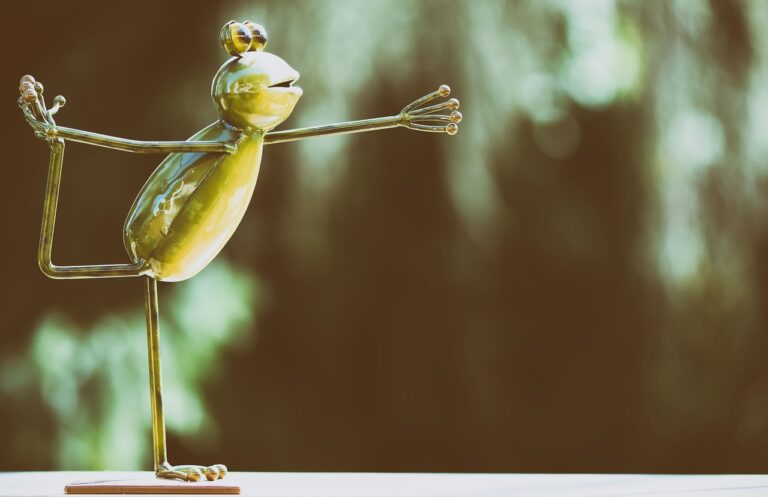The Psychology of Live Performances: Why We Love Concerts and Shows
Musicians possess a unique ability to convey their emotions through the art of music. Through their lyrics, melodies, and performances, artists create a powerful connection with their audience. This emotional bond can be profound, as listeners often find solace, empathy, or inspiration in the music that resonates with their own experiences.
In turn, the audience’s emotional response to music can deeply impact the artists themselves. Knowing that their music has touched someone’s heart or made a difference in their life can be incredibly fulfilling for musicians. This reciprocal exchange of emotions between artists and their audience creates a symbiotic relationship that enhances the overall experience of music.
The Impact of Music on Brain Chemistry
Music has the remarkable ability to evoke a range of emotions and sensations within us. When we listen to music, our brain releases neurotransmitters such as dopamine, which are associated with pleasure and reward. This flood of feel-good chemicals can lead to a sense of euphoria and heightened emotional connection to the music being heard.
Furthermore, music has been found to have a direct effect on our stress levels and mood regulation. Research suggests that listening to music can lower the levels of cortisol, the hormone associated with stress, in our bodies. This can result in a calmer state of mind and an overall sense of relaxation and well-being.
The Role of Social Interaction in Live Performances
Live performances are more than just a platform for artists to showcase their talents; they also serve as a unique opportunity for social interaction. The energy and excitement of a live show create a shared experience among audience members, fostering a sense of community and connection. This communal atmosphere often leads to enhanced enjoyment and emotional resonance with the music being performed.
Additionally, social interaction during live performances can have a significant impact on the overall atmosphere of the event. The exchange of energy between performers and audience members creates a feedback loop of emotion and engagement, resulting in a dynamic and immersive experience for everyone involved. This interaction can range from simple gestures of appreciation, such as applause and cheers, to more direct forms of engagement, such as singing along or dancing in response to the music.
• Live performances create a shared experience among audience members
• Foster a sense of community and connection
• Enhance enjoyment and emotional resonance with the music being performed
• Social interaction during live performances impacts the overall atmosphere of the event
• Exchange of energy between performers and audience members creates a feedback loop of emotion and engagement
• Results in a dynamic and immersive experience for everyone involved
• Interaction can range from simple gestures of appreciation to more direct forms of engagement
How does social interaction play a role in live performances?
Social interaction in live performances creates a unique sense of connection between the artists and the audience, enhancing the overall experience for both.
Why is the emotional connection between artists and audience important?
The emotional connection helps to create a more immersive and memorable experience for both the performers and the audience, leading to a stronger bond and sense of community.
Can music impact brain chemistry during live performances?
Yes, music has been shown to affect brain chemistry by triggering the release of neurotransmitters such as dopamine, which can enhance the emotional experience and create a sense of pleasure and satisfaction.
How does social interaction enhance the overall live performance experience?
Social interaction adds an element of shared experience and connection, fostering a sense of community and togetherness among the audience members and creating a more dynamic and engaging atmosphere for the performers.







